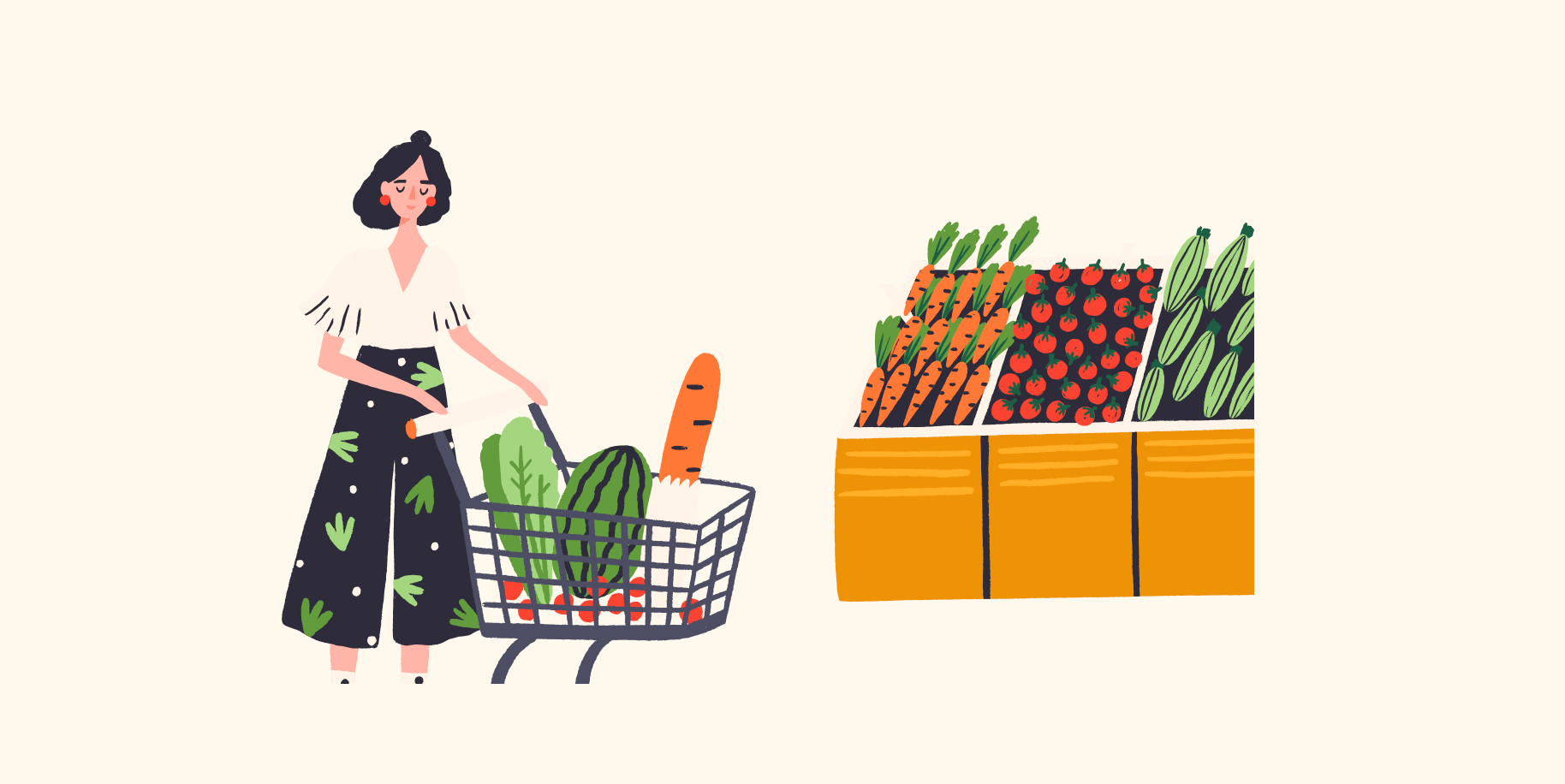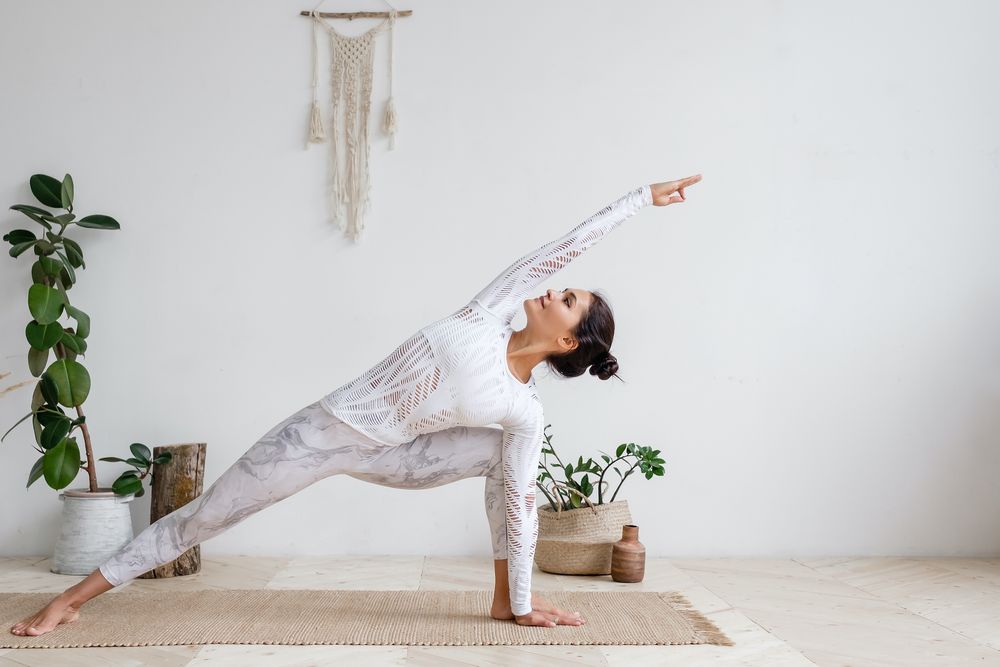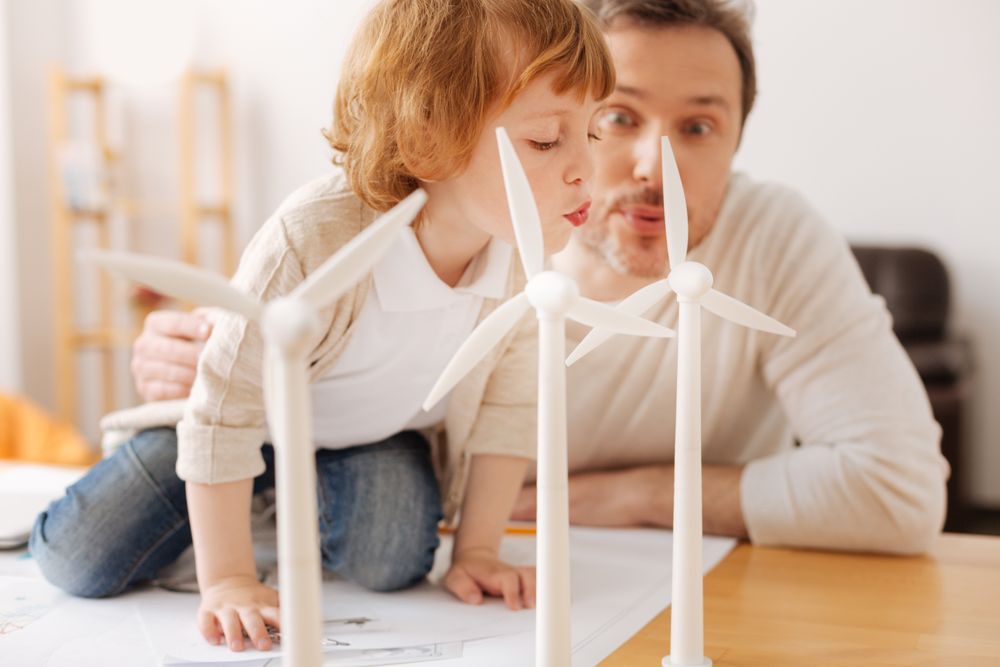“I’m throwing out most of my stuff, dude. Is there anything in these photos that you want?”
My friend had decided that enough was enough — he was going to declutter his life and eliminate stuff that he really didn’t need anymore.
I was surprised because he’d always been such a hoarder. His walls were lined with books, DVDs, and CDs. Yet here he was, making a decision to be more minimal.
In the process, he was becoming a conscious consumer, too: he started to be more mindful about his purchasing decisions and their impact.
His attitude was infectious. Conscious consumption is certainly something I’ve thought a lot more about this year, what with 2020 giving many of us the time to indulge in a bit of introspective thinking. I’ve thought a lot about my buying habits, and how they impact others, as well as the planet itself.
And this is the thing with conscious consumption — it helps you to develop a whole new way of thinking that fosters empathy, understanding, and ultimately, growth. In this article, I’m going to take a closer look at what being a conscious consumer is all about — and why it matters.
What is a conscious consumer?
A conscious consumer is someone who looks beyond the label as they seek to learn more about the company they’re buying their goods from, as well as the things they’re buying.
They want to know more about the brands they’ve always bought from (as well as brands they’re considering buying from), and they’re also considering what impact they have on the planet when they buy the likes of plastic, meat and non-recyclable materials.
In short, conscious consumers are now taking into consideration all kinds of ethical and environmental questions whenever they shop.

Sounds cool! But why should we become conscious consumers?
There are actually lots of reasons why you might want to start consuming more consciously:
You'll reduce your own ecological footprint
In the same conversation I referred to earlier, my friend amusingly brought up his “massive ecological footprint” as one of the reasons he was decluttering his house and changing his buying habits.
Your ecological footprint is the measure of how quickly you consume stuff and create waste versus how quickly the earth can recover from it all.
Shopping more consciously will allow you to minimize your ecological footprint so that yours isn’t as massive as my friend’s once was (I’m sure it’s now a lot smaller but I’ll have to ask him).
And, of course, a smaller ecological footprint is one of the goals of sustainability.
You'll feel better
I don’t know about you, but the weight of unethical shopping has been on my mind for a while now. It’s not that I don’t like to buy things (I do); it’s more that I sometimes feel a pang of guilt if I’m not sure whether what I’ve just purchased was sourced/produced unethically, and that I may have unwittingly played a role in the vicious cycle.
Becoming a conscious consumer lifts a bit of a load off your shoulders. It helps to remove any sense of guilt you may have felt — and it can also declutter your mind (and house).
And, hey, minimalism itself is great for that sort of thing, and has been proven to boost mental health.
You can help put a stop to child labor and human rights violations
Following on from the above point, the reasons that some companies and brands are able to charge such low prices are not rowans to celebrate. In fact, they’re often tied up with child labor and other human rights violations.
The cheaper a good is to make, the cheaper it is to sell.
A lot of the time, the cheapest option isn’t always the most ethical one.
You'll learn more about your preferred brands
One of the delights of becoming a conscious consumer is that you’ll get to learn more about your favorite brands. This will help you to develop a better relationship with them, or it may even cause you to split from them permanently (or until they change their ways and become more green-minded).
It will also help you find more ethical brands who share your values and who you fall in love with.
It helps genuine, authentic, organic companies
At the heart of what NatureHub does is seek out and promote organic, small, ethical business. And when you shop more consciously, you’ll want to seek these businesses out, too.
In fact, you can check them out on the desktop or mobile app as well as our Guide & Map articles here.

Wonderful! How do we become conscious consumers?
Search online and use apps
The internet and apps is great at telling you when something is off about a company in terms of having any skeletons in their closets. Don’t be afraid to dive deep in the research if they’re a company you know you’ll want to use long-term!
In case you’re feeling lost, a good place to start is our guide to 6 must-have apps for conscious consumers.
See if there's a B Corp Certification
One of the problems would-be conscious consumers are up against are nefarious businesses who deceive us by claiming to be ethically minded.
However, there’s a really easy way to find out if the products you’re buying are ethically sourced or not — look for B Corp certification. Certified B Corporations have entered into a legal agreement in which they must — by law — “consider the impact of their decisions on their workers, customers, suppliers, community and the environment.”
Research brands
I wouldn’t say that you should aim to research all brands because that would be insanely time consuming. But you could start by taking a look at your monthly budget and finding out where most of your cash goes.
For example, if it turns out you buy a lot of clothes each month, research the brands you usually buy from. Research your favorite brands, but also brands that you haven’t yet bought from (especially smaller businesses!).
Find out what they’re all about — are they ethically minded? Do they do the right things? Or are they actually guilty of greenwashing?
To help you out, check out a website called Project Just that lists companies and their values, as well as where they stand on things like child labor.
Buy local, talk to business owners
It’s not that easy to track every part of the food and products you are buying. Even those labeled as organic, eco-friendly or sustainable products sometimes aren’t 100% guaranteed to be so.
Try to buy directly from local producers and small businesses.
Why? Because you get the chance to directly talk to the business owners, and a higher chance to find out more about the products you’re buying. Those business owners who care about whether their products contribute to something good in society tend to be happy to share things with their customers.

Visit thrift stores
You don’t always need to find new brands, or even shop with old brands. Instead, you could visit thrift stores and secondhand shops. This way, you’re not playing an active role in the creation of brand new stuff. Oh, and make sure to check our Ultimate Guide to Thrifting before you go!
Go minimal
You could also try doing what my friend has done and embrace minimalism. You don’t have to go all-out and live like a monk (I heard my friend is down to one book now), but embracing a bit of minimalism can be good for the soul and the planet.
As well as getting involved in minimalist projects like The Year of Less, you could read books on the subject, such as The More of Less: Finding The Life You Want Under Everything You Own.
Being a conscious consumer puts you on the right path to contribute in changing the world in a practical and meaningful way. Don’t shy away from it: embrace the power and make it work for you for a better world, one purchase at a time.
Join the budding community of conscious consumers right now and help save the planet! The NatureHub Conscious Community app is now available on both Google Play Store and iOS App Store.
Download it here: Apple iOS • Android






